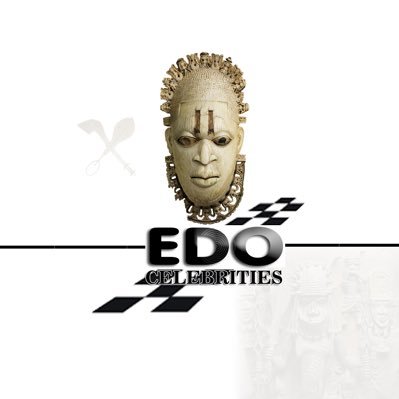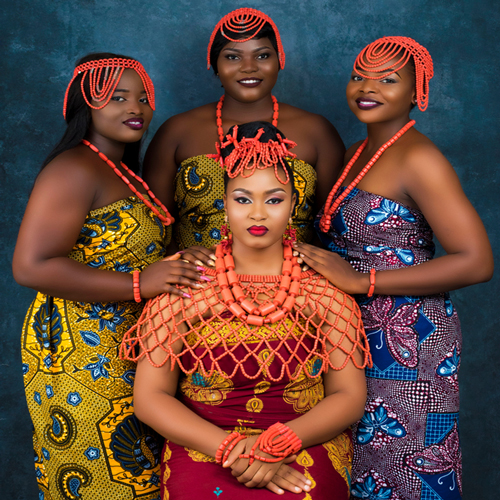The Edo culture is full of unique practices that reflect centuries of heritage and tradition. From the famous Igue Festival to the symbolic use of coral beads in marriage ceremonies, the Edo people have cultural practices that stand out not only in Nigeria but across Africa.
These traditions, rooted in the great Benin Kingdom, continue to define the identity of the Edo people today. Here are the top 10 Edo cultural practices every Nigerian and visitor should know in 2025.
1. The Igue Festival
The Igue Festival is one of the most celebrated traditions in Edo culture. Held annually in Benin City, it is performed to renew the spiritual energy of the Oba of Benin and the entire kingdom. The festival involves dances, rituals, and prayers for peace and prosperity. It remains a major attraction for both locals and tourists.
2. Coral Beads in Marriage Ceremonies
Edo weddings are incomplete without the iconic red coral beads. Brides and grooms adorn themselves with coral necklaces, crowns, and hand beads as a symbol of royalty, wealth, and cultural pride. This practice is deeply rooted in Benin Kingdom traditions and continues to wow Nigerians and foreigners alike.
3. Respect for the Oba of Benin
The Oba of Benin is not just a traditional ruler but a cultural symbol of the Edo people. Every Edo person, whether at home or in the diaspora, shows deep respect for the Oba. Greetings like “Oba gha to kpere, Ise!” (May the Oba live long) are common and reflect loyalty to the monarchy.
4. Traditional Naming Ceremonies
Edo people hold elaborate naming ceremonies for newborns, usually within a week after birth. The ceremony involves prayers, blessings, and sometimes traditional sacrifices to ensure the child’s protection and success. Names are chosen carefully, often reflecting the circumstances of birth or family history.
5. Royal Palace Customs
The Benin Royal Palace is the heart of Edo heritage. Customs such as not wearing caps inside the palace, kneeling or prostrating before the Oba, and following strict protocols during visits highlight the reverence given to the monarchy. These palace practices reinforce the authority of the Oba and the dignity of Edo traditions.
6. Edo Traditional Art and Bronze Casting
Edo culture is world-famous for its bronze casting and traditional art, which date back to the Benin Empire. These artworks depict past Obas, warriors, and important events. Even today, families of bronze casters in Benin City keep the tradition alive, passing the skill from generation to generation.
7. Marriage Rites and Bride Price
Beyond coral beads, Edo traditional marriages involve detailed rites. The groom’s family presents gifts such as kolanuts, drinks, and bride price to the bride’s family. These rituals are not just formalities — they symbolize respect, family unity, and the seriousness of marriage.
8. Festivals Beyond Igue
While Igue is the most famous, Edo people celebrate other festivals like:
-
Emobo Festival – cleansing the land from evil.
-
Ugie Festival – filled with music, dance, and rituals.
-
New Yam Festival – thanksgiving for harvest.
These festivals showcase the vibrancy of Edo traditions and attract visitors every year.
9. Burial and Ancestral Worship
Edo burial practices emphasize honoring ancestors. Elders are given elaborate burials with traditional rites to ensure they rest peacefully and bless their descendants. Libations and offerings are also made during festivals to connect with ancestral spirits.
10. The Use of Proverbs and Oral Tradition
Edo culture is rich in proverbs and storytelling. Elders use proverbs to teach morals, wisdom, and respect. Folktales are passed down from generation to generation, keeping alive the values and humor of Edo people.
Conclusion
The Edo cultural practices highlighted above prove that the traditions of the Benin Kingdom remain alive and relevant in 2025. From festivals and palace customs to marriage rites and art, Edo people continue to showcase a culture that blends history, royalty, and resilience.
Whether you are Nigerian or a visitor, experiencing Edo traditions is a journey into one of Africa’s richest heritages.


Leave a Reply